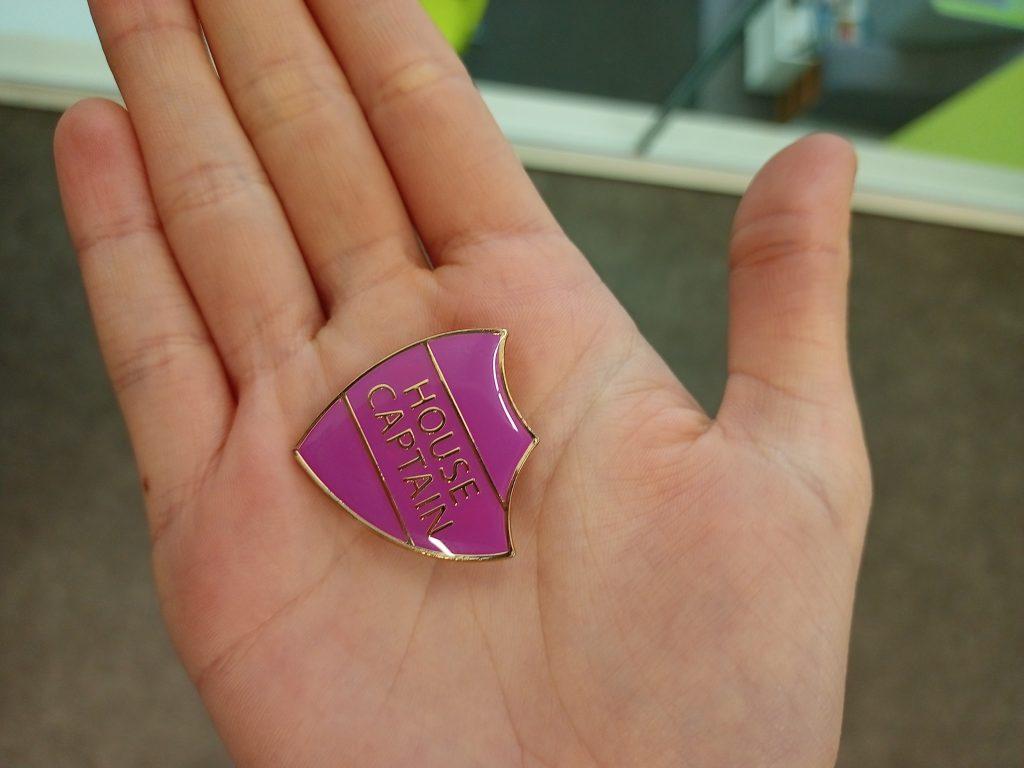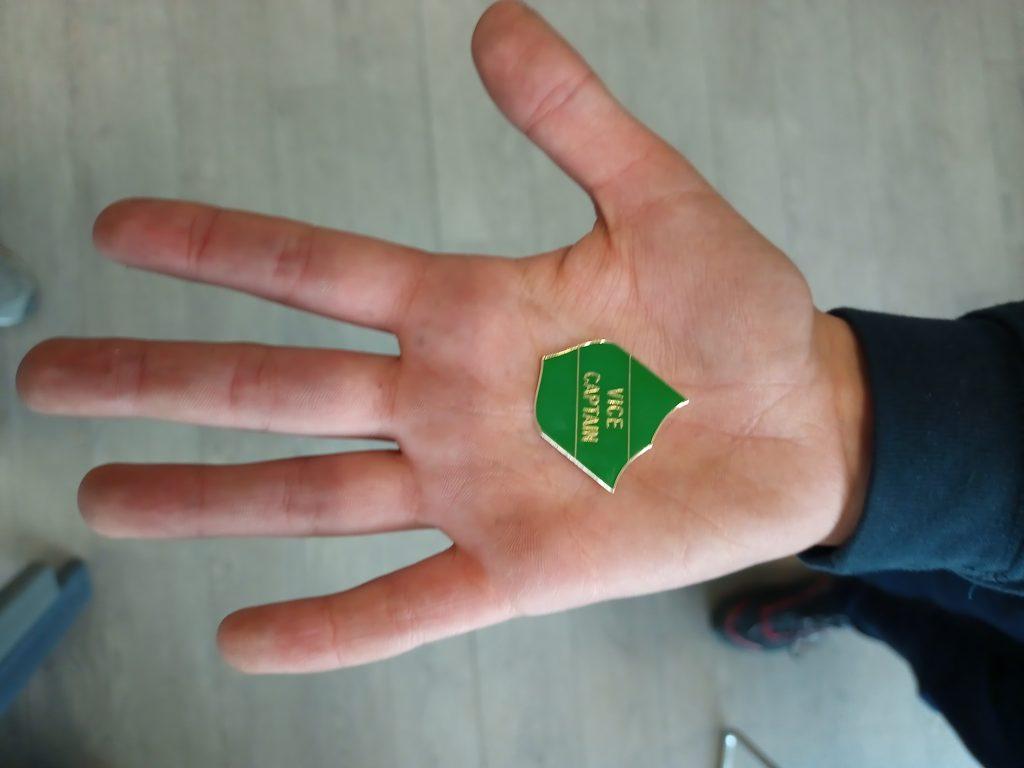Case Studies
Enhancing Children's Voices at St Johns
Setting the scene
Pupil voice continues to be an area we wanted to develop and improve in our school, Covid-19 has limited our ability to involve pupils in cross-stage groups and give leadership roles to our senior pupils.
Each year P7 pupils put themselves forward for House Captain roles in St John’s. These elections take place early in term 1 and involve pupils speaking to children and adults in their house before voting takes place. We were unable to meet across classes and stages which made the idea of an election difficult to co-ordinate. This year we decided to turn Covid-19 bubbles into a positive and changed the House Captain elections into job interviews. This was partly based on feedback from previous years, some children were put off applying because they didn’t wish to speak in front of a large number of children, others felt there was less emphasis on the speeches and more on the stickers and campaigning in the playground. As a school we also felt it was important to prepare our children for the World of Work in a caring and supportive environment and an interview would enhance the experience for candidates.
Process
The Senior Leadership Team created an application form which was given to all P7 pupils interested in becoming a House Captain. The application form can be found here. The application form focused on children identifying their own skills and their ideas to improve our school community. We felt it was important to talk through the application forms with children before they were completed, this helped ensure everyone could be involved in the process.
All application forms were read and analysed carefully, as with any job application and each candidate was offered an interview slot over the course of two days in November. Prior to the interviews all candidates were given the interview questions to help them prepare. Find the questions here.
We involved a variety of staff in the interview process including the Senior Leadership Team, Children’s Parliament Staff and Pupil Support Assistants. Each candidate was greeted warmly and introduced to the interview panel. The process was explained and although many were nervous, each child was reassured and put at ease during the short meeting.
In total, 30 pupils were interviewed for a House captain or Vice-Captain role and discussions between staff were based on application forms and answers to the interview questions. We were surprised by the volume of applications, previously in elections we would have 2 or 3 candidates per house. In addition to this, we had a wider range of applicants, the supportive nature of the interview process encouraged children who otherwise may not have put themselves forward for a House or Vice-captain role. We feel the process has empowered more Primary 7 pupils to put themselves forward and as a result we intend to continue using interviews next year and beyond.
After difficult decisions were made, the candidates from each house were gathered together and feedback in the form of a certificate was given to each candidate. Where pupils were unsuccessful to become House captain, we looked to find a specific role to encourage them to explore the ideas they had shared in the interview process.
Feedback
This was the first year we have held interviews for House captain candidates, some of the successful and unsuccessful candidates fed back to us about their experiences.
‘I think it’s really good that I as get older I’ve been through the interview process already. I liked the application, I preferred the interview to the election and people who were unsuccessful got feedback. I was nervous to go into the interview but I was fine. The interview process was fair, the HT has a good judgement of what is fair.’
‘The interview is better than the election because candidates would make a video and people in the house would see it. People would vote for who they wanted. People used to bring in cakes and bribe people. Teachers got to see your ideas in the interview process. If I am doing an interview in future I can think back to P7 when I was successful.’
‘The interview was better than the election, the interview seems like a job, it boosts your confidence. I can think back to when I was younger and say I can definitely do it again.’
‘Doing the interview was a really good chance to improve my writing, being a house captain has got me further and helped my relationship with staff. I liked doing the interview because I understood the questions. It’s given me way more confidence. Elections were more about popularity.’
‘I thought the interview was less nerve-wracking than being in front of the whole house. More time to prepare for the interview would be helpful, for some people it was the next again today. It helped boost my confidence.’
‘Elections can be about popularity, the interview focuses on ideas. More time for application forms would be helpful, there was a reasonable time to prepare for the questions, but next time perhaps people could have time over a weekend to get ready. Everyone got a certificate which said what they did well on the back. It would be better to do announce who has been successful first, then hand out certificates. We’ve had our first interview, it will help us when we apply for a job.’
What next?
Following on from this work we identified our next steps:
- Continue to adopt the Interview process for House and Vice Captains
- Incorporate feedback from P7 into next year’s House Captain interview process
- Include more interviews for pupil groups to ensure pupil voice is heard
- Celebrate the achievements of all P7 House Captain candidates




